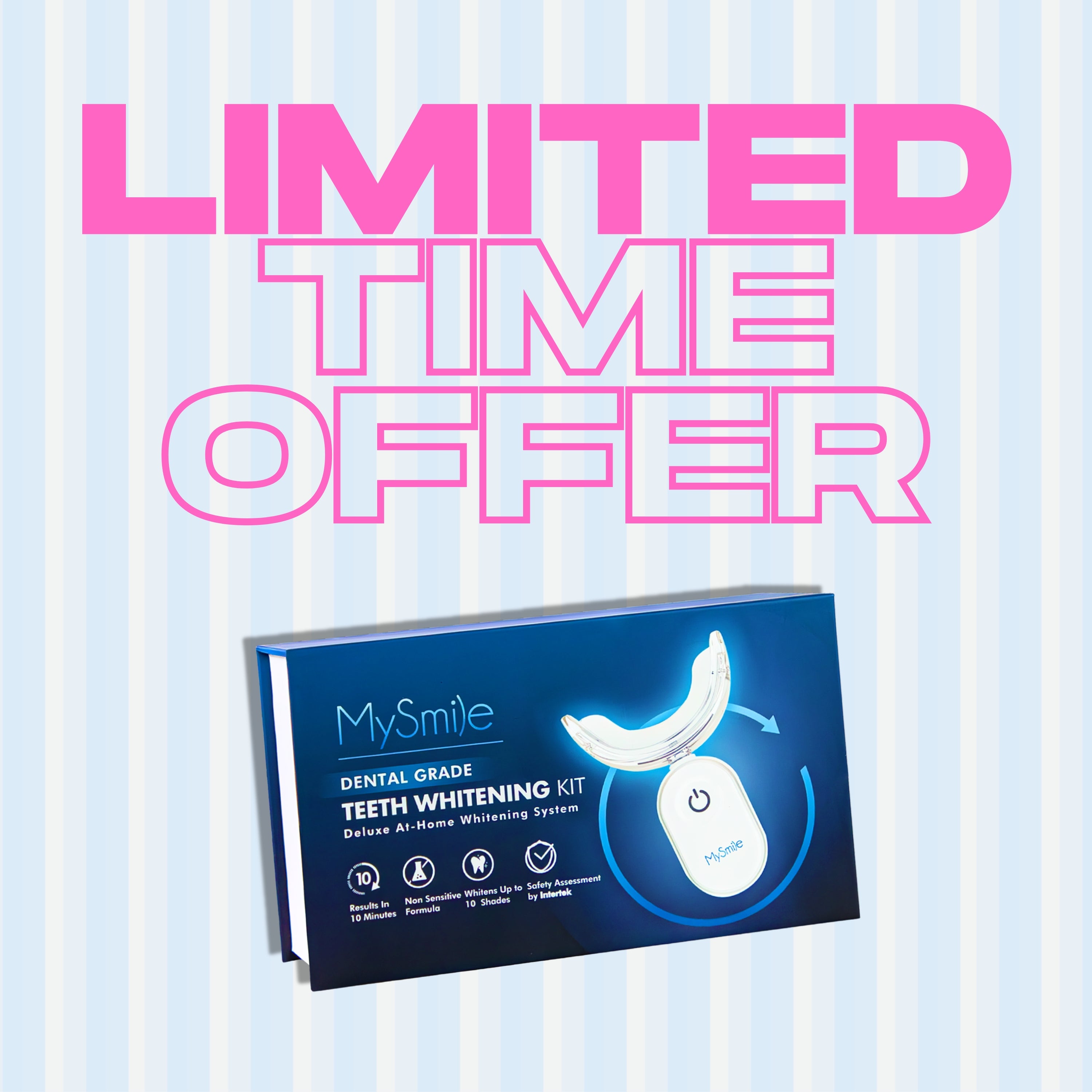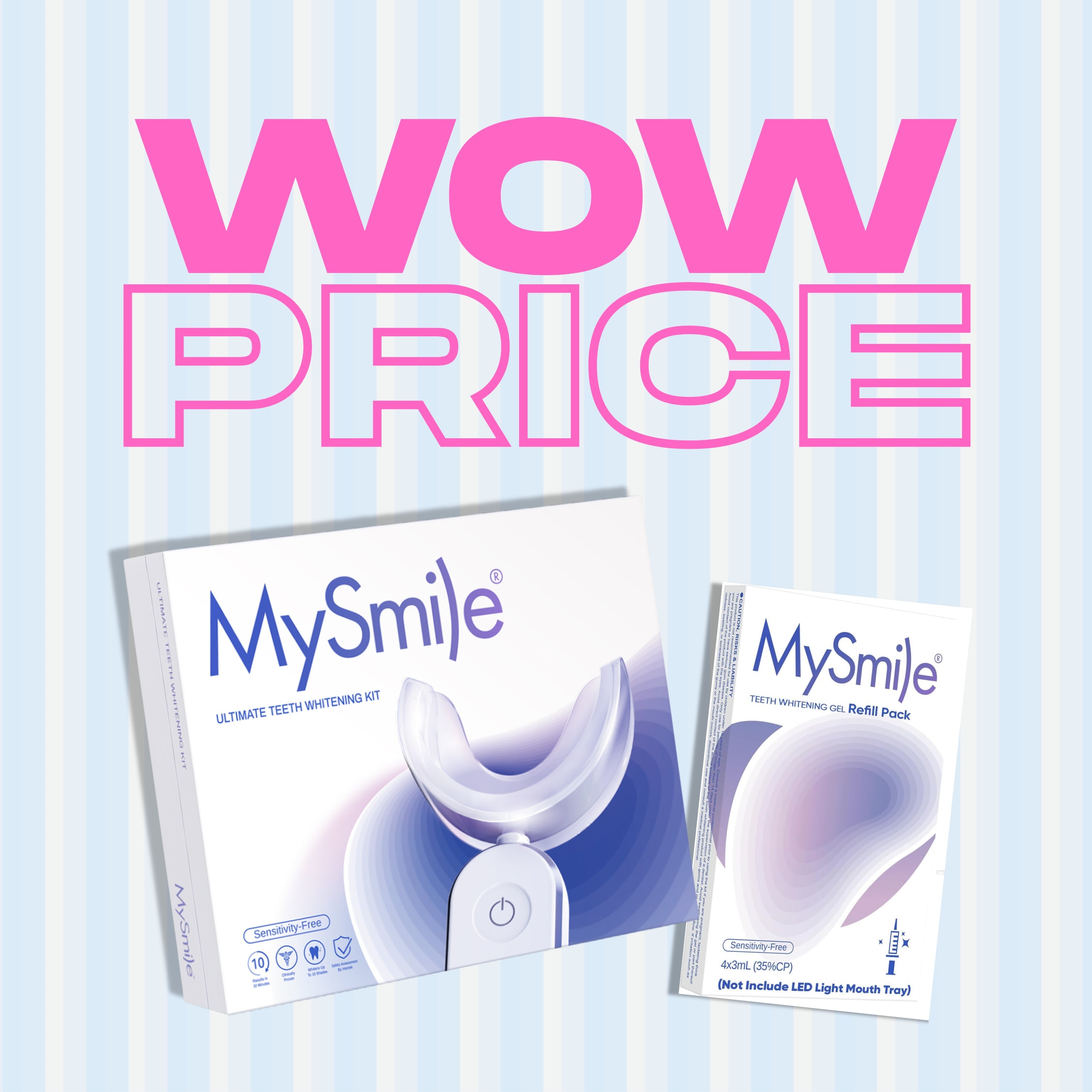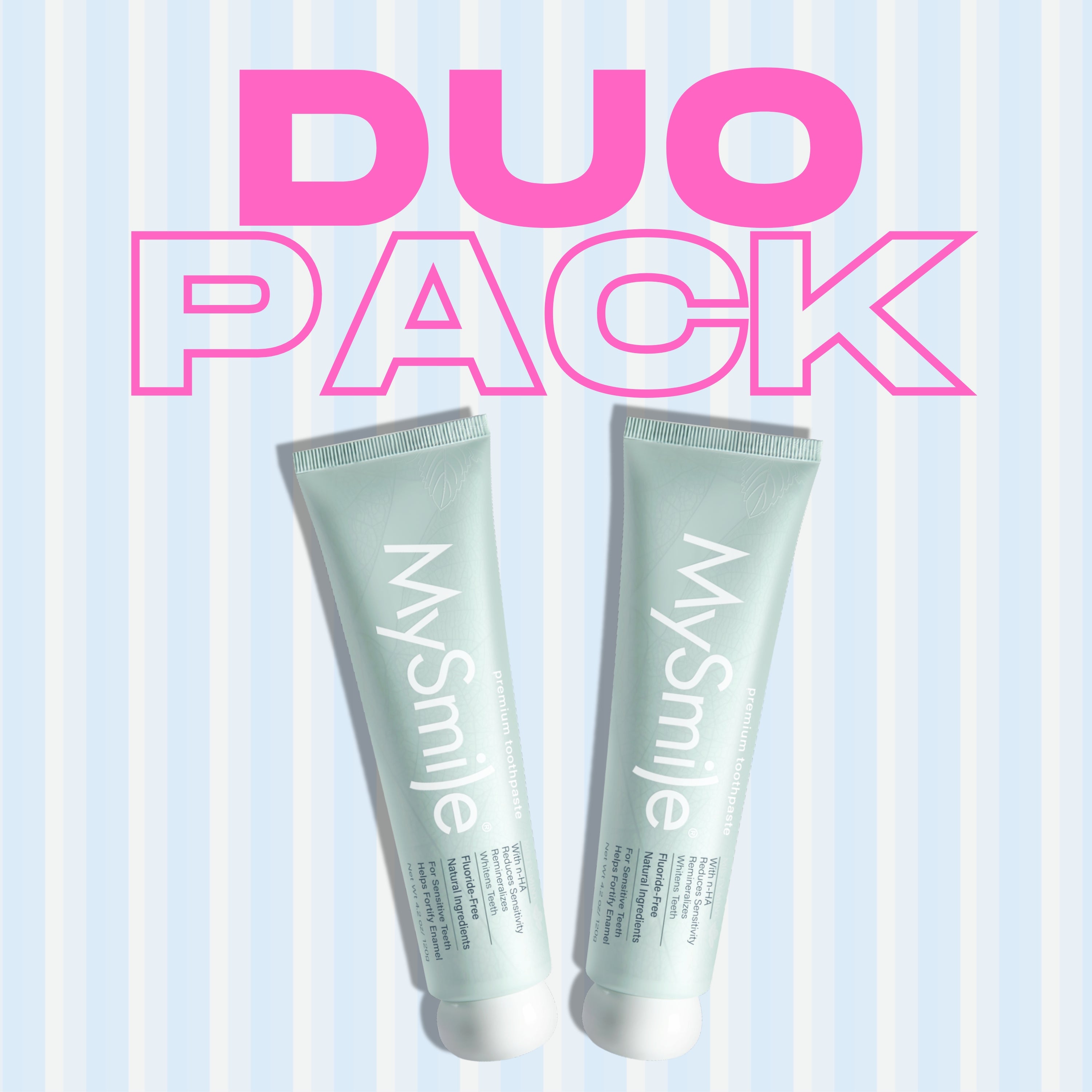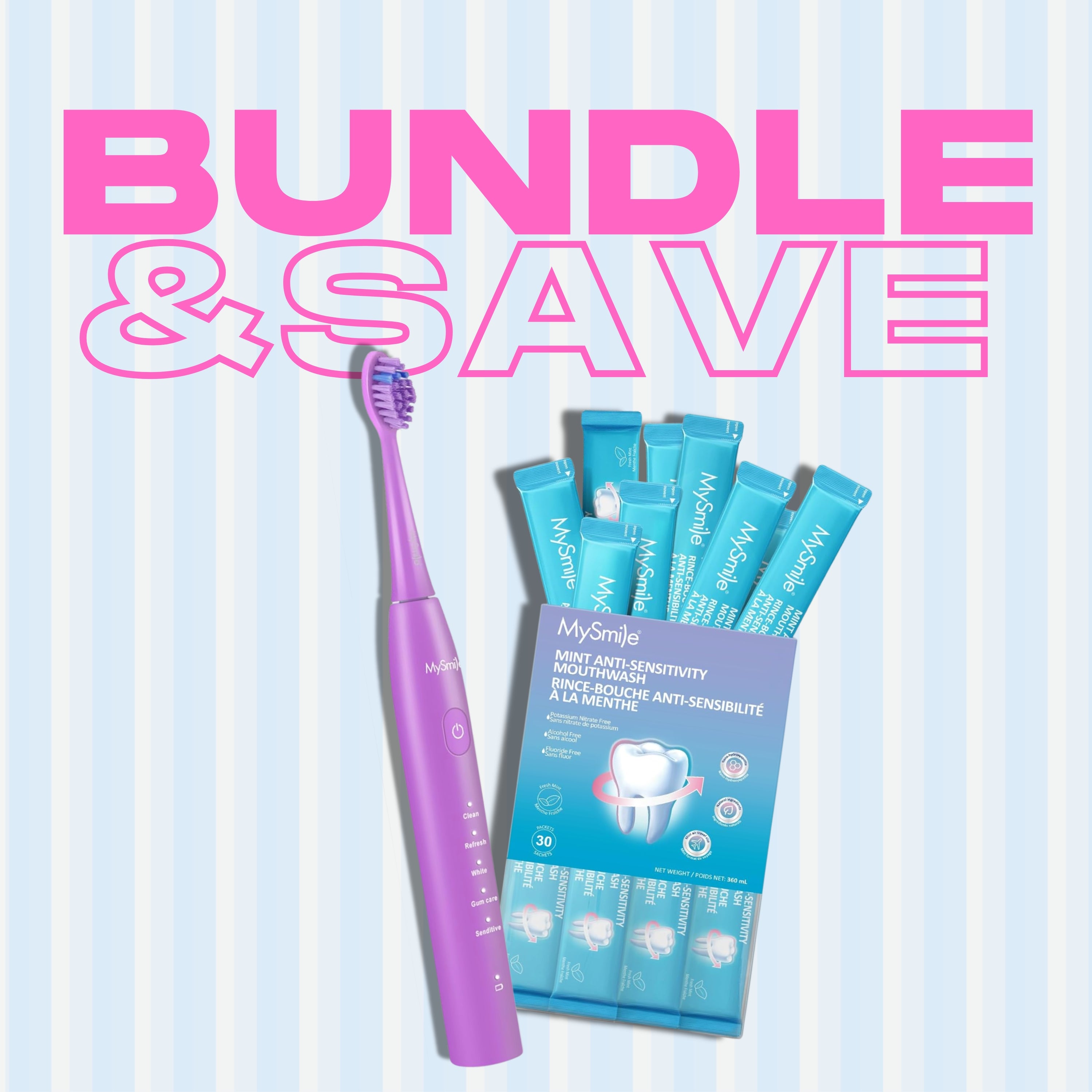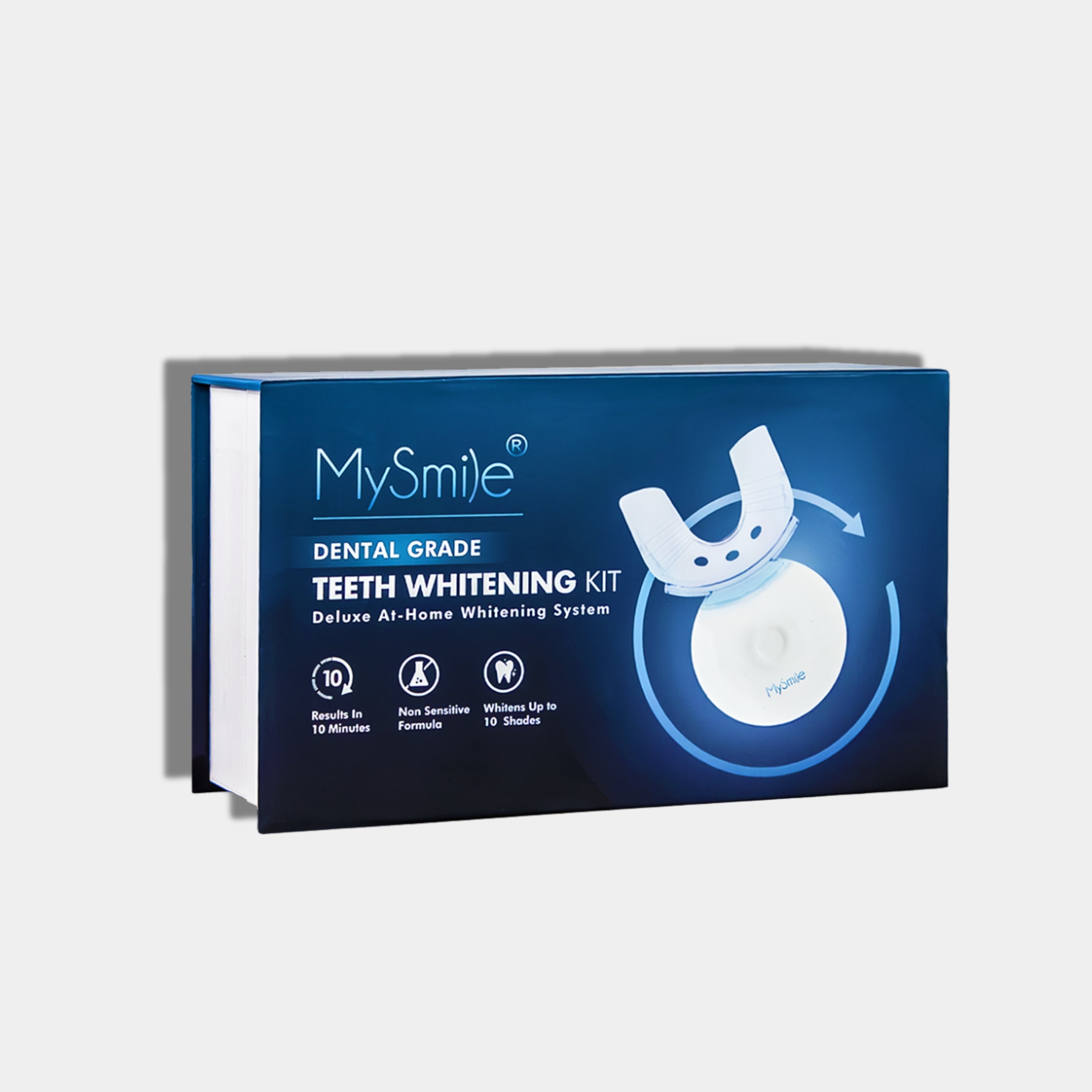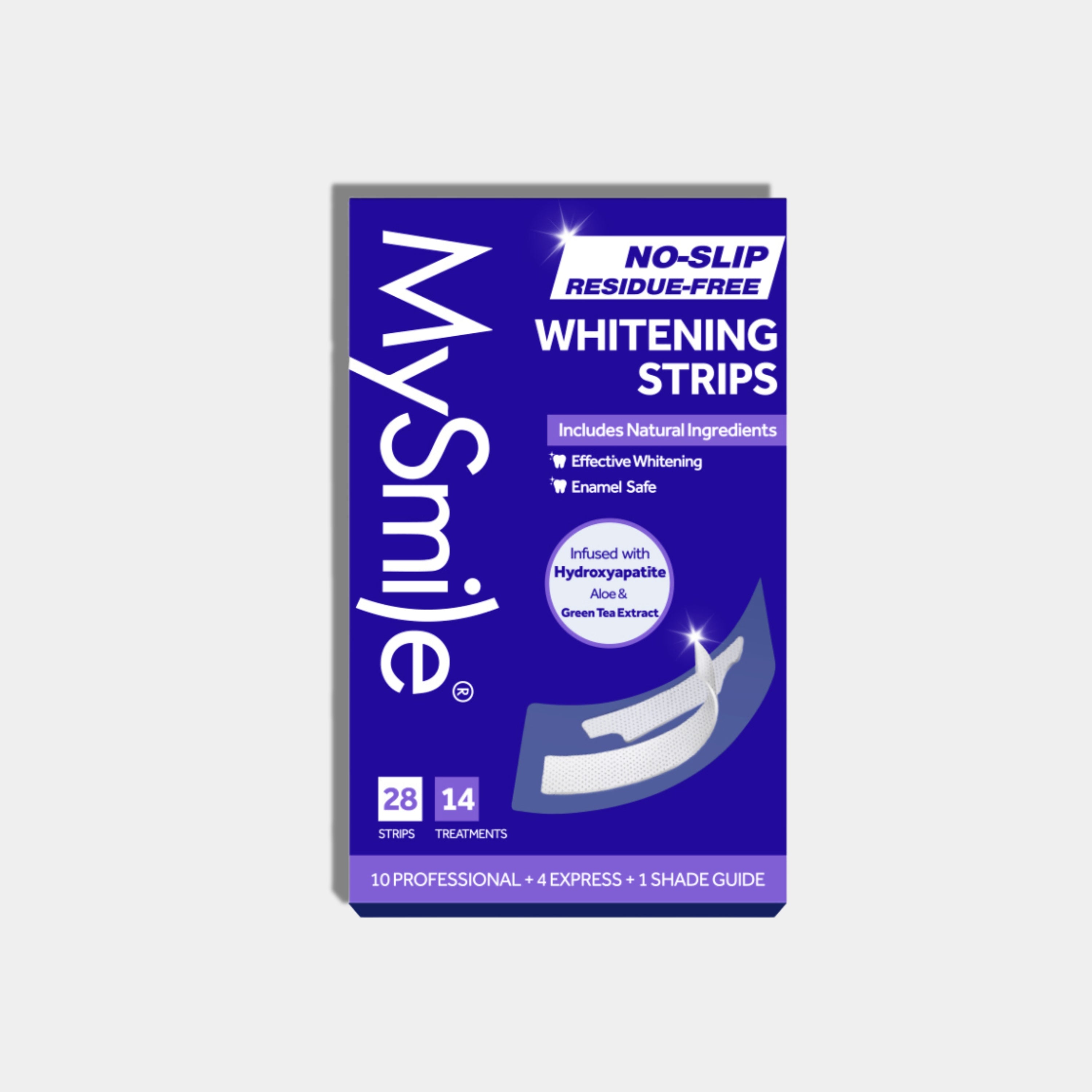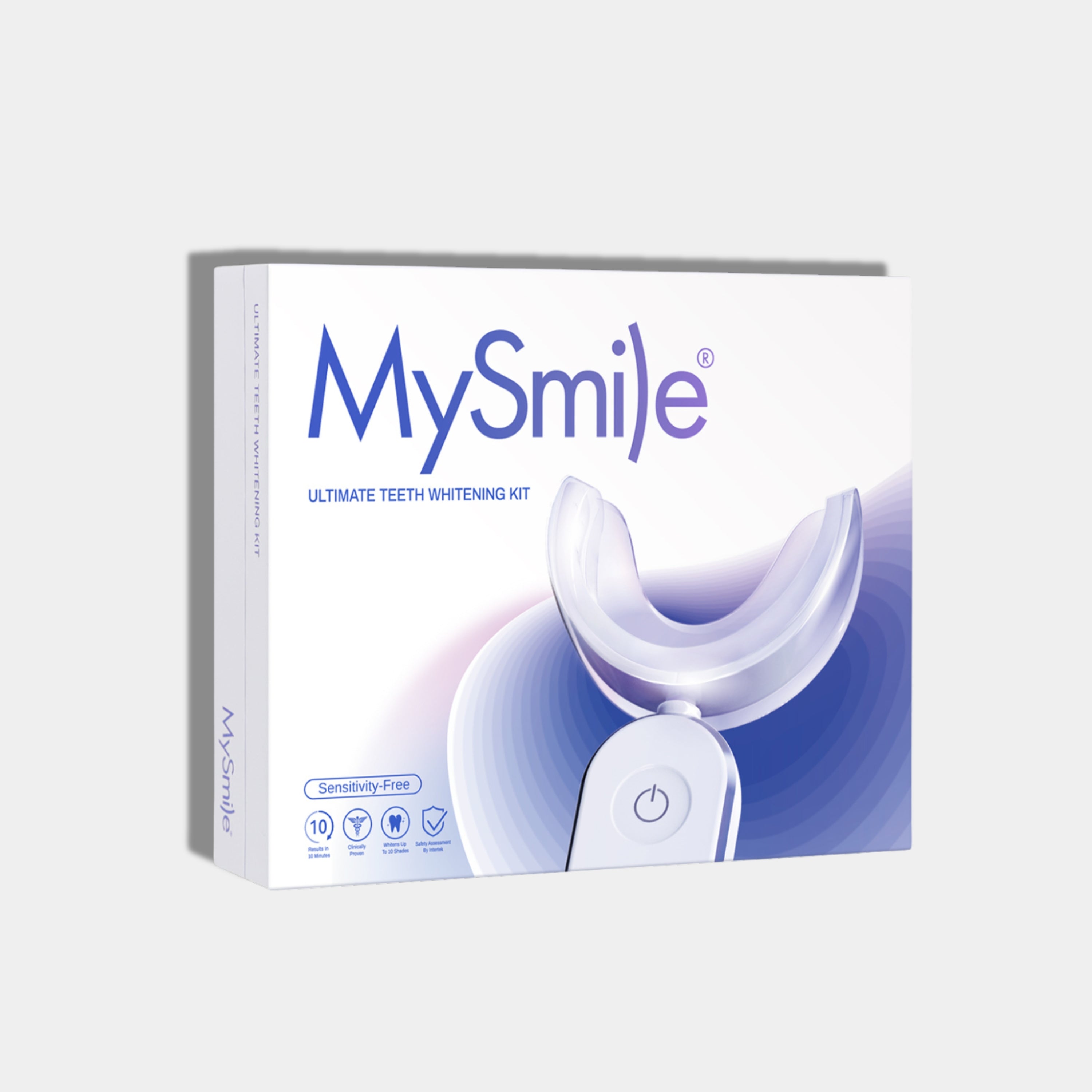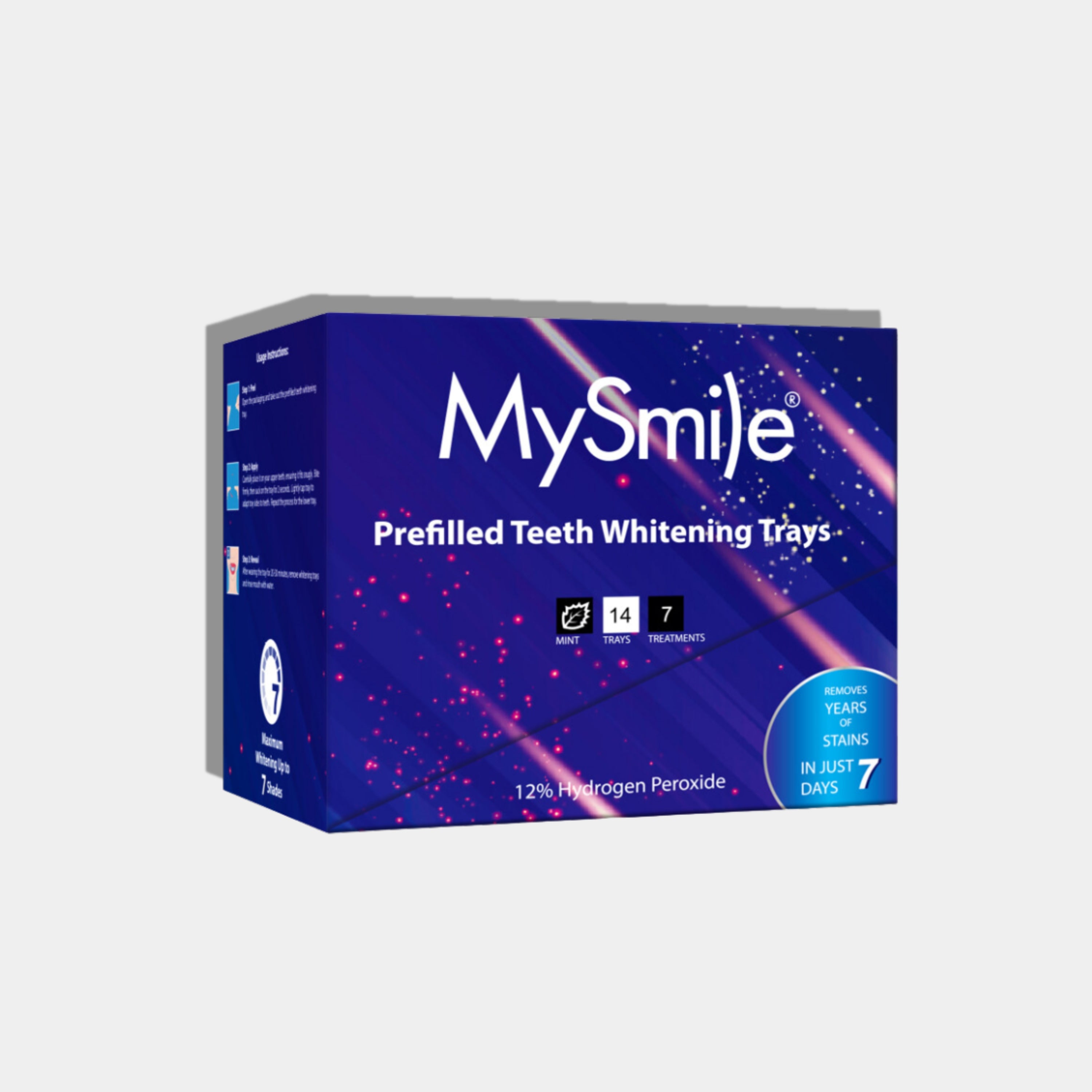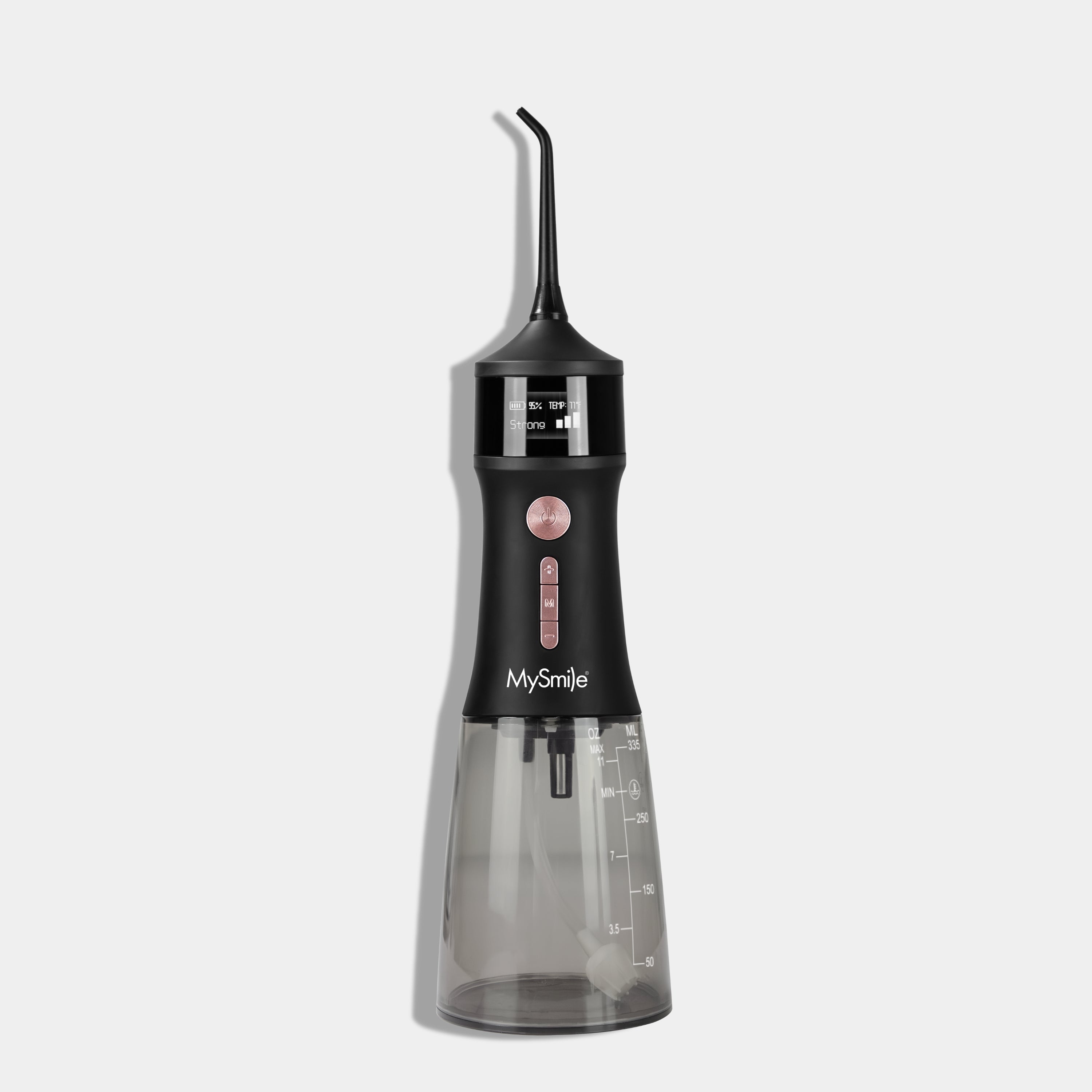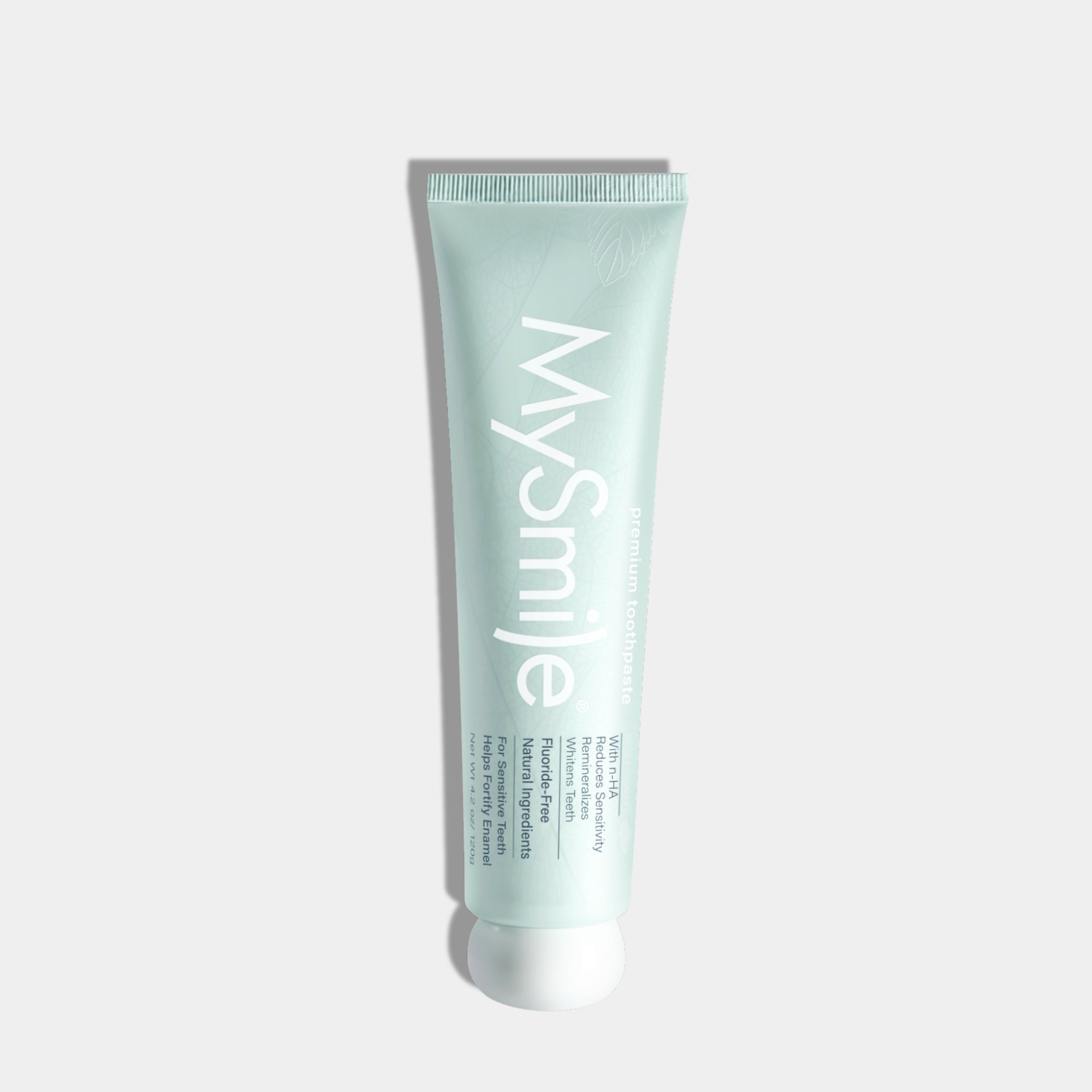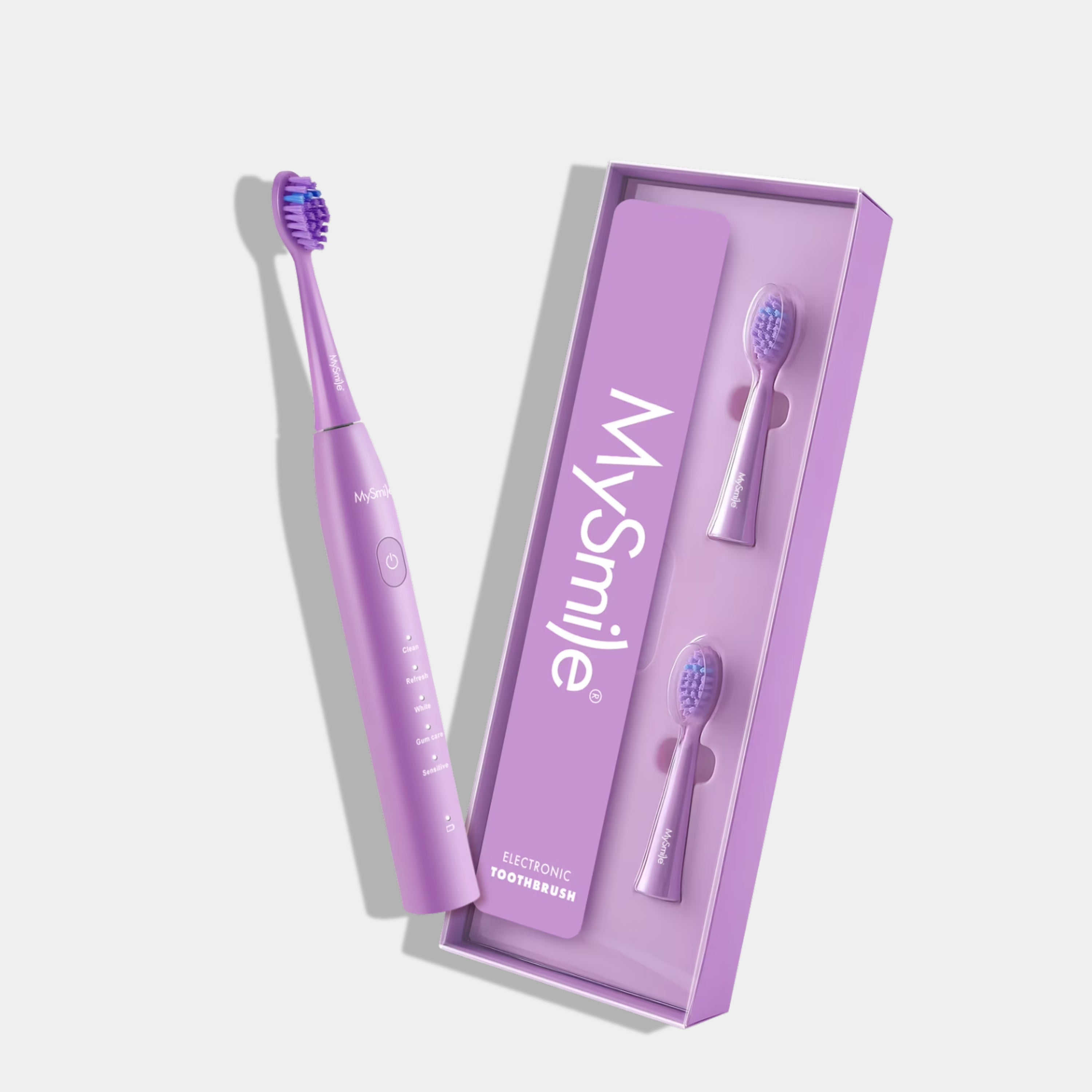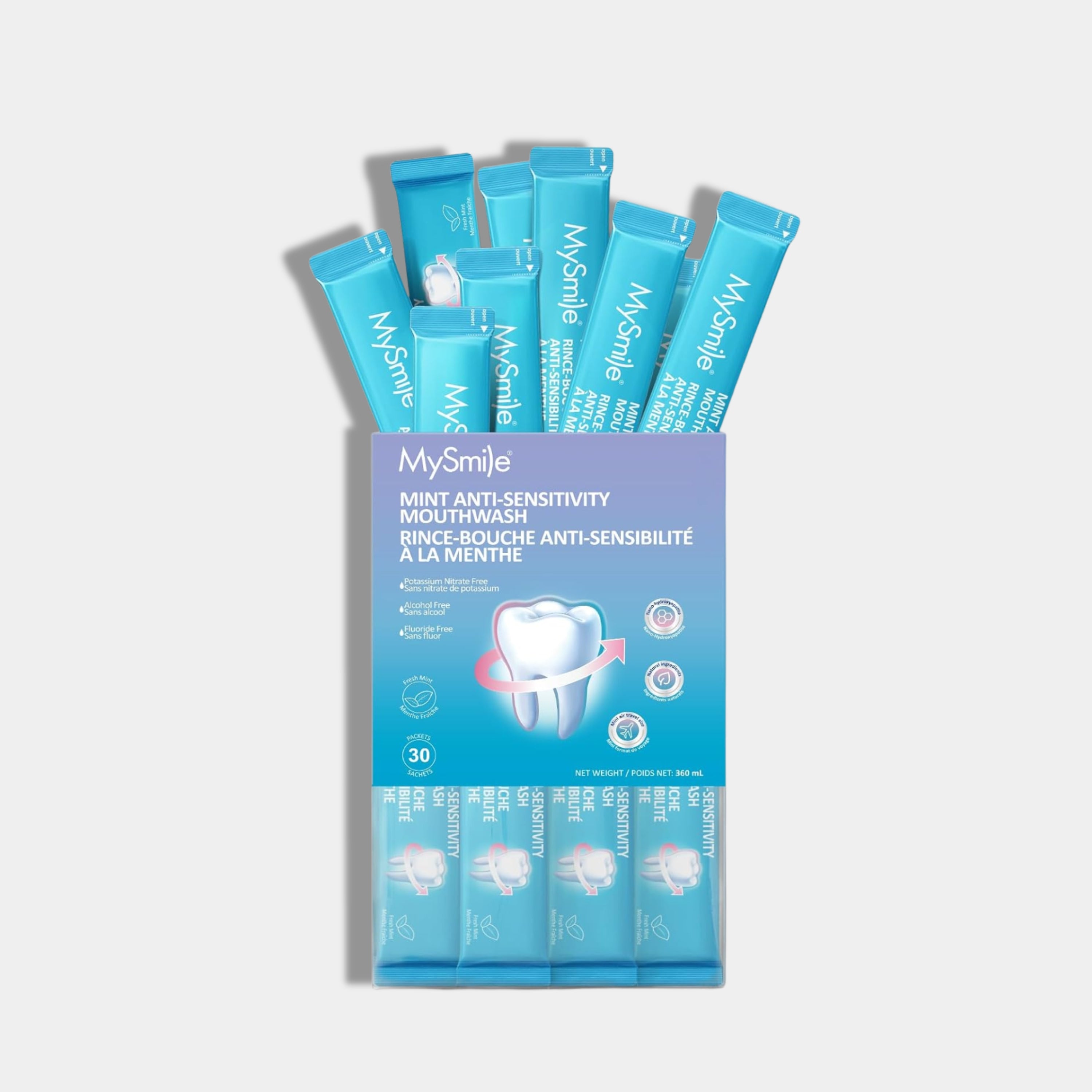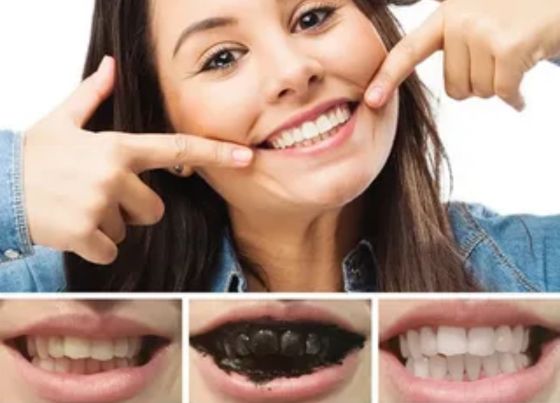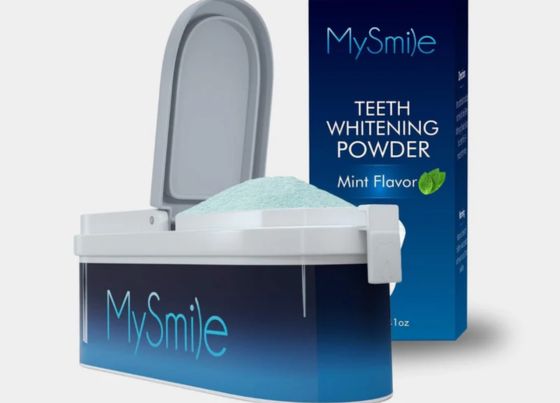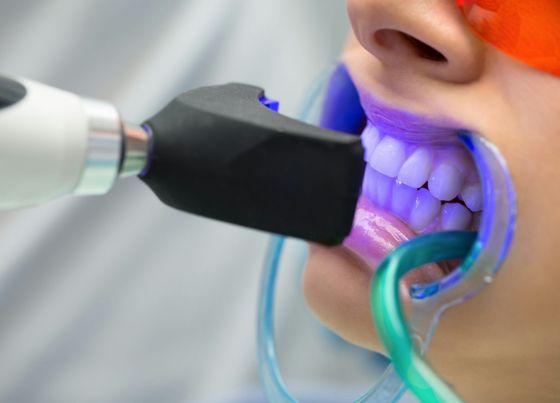Many people use activated charcoal powder as a teeth whitening solution, believing it can remove stains naturally. But does activated charcoal whiten teeth? While it may help with surface discoloration, it does not alter the natural color of teeth and may cause long-term damage if overused.
This guide explores how activated charcoal teeth whitening powder works, its risks, precautions for using activated charcoal on teeth, and safer alternatives like MySmile Tooth Powder for effective and safe whitening.
What Is Activated Charcoal?
Activated charcoal is a highly porous black powder made by heating coconut shells, wood, or other carbon-based materials. The heating process increases its absorbency, allowing it to bind to toxins and stains. It has been used in medicine for poison treatment but has recently gained popularity in oral care.
Despite its widespread use in charcoal teeth whitening powder, dentists remain divided on whether it is safe for regular use due to its abrasiveness and lack of fluoride benefits.
Charcoal teeth whitening powder can remove stains, but is it safe for your enamel? Learn whether charcoal teeth whitening powder is safe for teeth or not.
Does Activated Charcoal Whiten Teeth?
Activated charcoal to whiten teeth works through adsorption, binding to particles and stains on the surface of teeth. Unlike peroxide-based whiteners, which penetrate enamel to break down deep stains, charcoal powder only removes external discoloration from coffee, tea, wine, and smoking.
However, scientific studies do not support long-term whitening benefits of charcoal powder. While it may temporarily improve the appearance of teeth, it does not provide deep whitening like professional treatments or peroxide-based gels.
Why Do Teeth Stain?
Teeth discoloration occurs due to surface stains, deep intrinsic stains, or enamel erosion. The most common causes include:
-
Food and drinks – Dark-colored beverages like coffee, tea, and wine stain enamel.
-
Smoking and tobacco – Nicotine and tar cause yellow and brown stains.
-
Poor oral hygiene – Plaque buildup contributes to discoloration.
-
Aging and genetics – Enamel naturally thins, exposing yellowish dentin.
-
Medications – Certain antibiotics and excess fluoride cause permanent staining.
Charcoal powder may help remove external stains but does not work on deep discoloration.
Precautions for Using Activated Charcoal on Teeth
Before using activated charcoal teeth whitening powder, consider the following precautions to minimize risks:
1. Limit Frequency of Use
Charcoal powder is highly abrasive and can wear down enamel. To prevent damage, use it only 2–3 times per week instead of daily.
2. Brush Gently
Avoid scrubbing too hard. Use light pressure and a soft-bristled toothbrush to prevent enamel erosion and gum irritation.
3. Rinse Thoroughly
Charcoal residue can get stuck between teeth and along the gumline, leading to temporary dark stains. Rinse your mouth several times with water after brushing.
4. Follow Up with Fluoride Toothpaste
Since activated charcoal does not contain fluoride, follow up with a fluoride-based toothpaste to strengthen enamel and prevent cavities.
5. Avoid If You Have Sensitive Teeth or Weak Enamel
If you have tooth sensitivity or a history of enamel erosion, consult a dentist before using charcoal powder. It may worsen existing conditions.
6. Do Not Swallow Charcoal Powder
While food-grade activated charcoal is safe, swallowing too much may cause digestive issues. Spit it out completely after brushing.
7. Combine with Safer Alternatives
For long-term whitening, use MySmile Tooth Powder, which provides a gentler, enamel-safe whitening alternative with added minerals for strengthening teeth.
Risks of Using Activated Charcoal on Your Teeth
Many users ask, is charcoal bad for your teeth Reddit? While it can remove stains, frequent use may cause serious dental problems over time.
1. Enamel Erosion
Charcoal powder is abrasive, and excessive brushing can wear away the protective enamel layer, leading to weaker teeth and increased decay risk.
2. Tooth Sensitivity
As enamel thins, the underlying dentin becomes exposed, making teeth more sensitive to hot and cold foods.
3. Gum Irritation
Charcoal’s gritty texture can scratch gums, leading to redness, inflammation, and discomfort.
4. No Fluoride Protection
Unlike regular toothpaste, charcoal powder does not contain fluoride, which is essential for strengthening enamel and preventing cavities.
5. Temporary Dark Residue
Charcoal powder can settle in gum lines and between teeth, causing temporary black stains that are difficult to remove.
For safer whitening, consider MySmile Teeth Whitening Powder, which offers effective stain removal without damaging enamel.
Best Alternatives to Activated Charcoal Powder
While teeth whitening powder can help remove stains, some formulas—especially those with abrasive ingredients like activated charcoal—may cause enamel erosion and tooth sensitivity over time. For a safer and more effective whitening solution, consider MySmile Teeth Whitening Products, designed to deliver professional-grade results without damaging enamel.
1. MySmile LED Teeth Whitening Kit
If you're looking for deeper whitening beyond surface stains, the MySmile Teeth Whitening Kit LED is a powerful alternative to traditional whitening powders. The LED-activated gel penetrates the enamel to lift stains effectively, delivering noticeable results in just a few uses.
2. MySmile Glamorous Whitening Strips
For gradual and safe whitening, MySmile Glamorous Whitening Strips offer a non-abrasive way to brighten your smile. Unlike some powders that may cause gum irritation, these strips are gentle on enamel while effectively removing discoloration.

3. MySmile Purple Color Corrector Toothpaste
Instead of relying on abrasive powders, MySmile Purple Color Corrector Toothpaste uses color-correcting technology to neutralize yellow tones instantly. It's a good teeth whitening solution that enhances brightness without harsh scrubbing.
4. MySmile Teeth Whitening Pen
For quick touch-ups and targeted whitening, the MySmile Teeth Whitening Pen provides an easy, mess-free alternative to powders. It’s ideal for busy lifestyles, offering fast stain removal anytime, anywhere.
Switching to MySmile’s teeth whitening products ensures safe, effective, and long-lasting whitening without the risks associated with abrasive powders. Whether you want deep whitening, instant brightness, or easy maintenance, MySmile offers the perfect solution for a healthier, whiter smile.
How to Use Charcoal Powder Teeth Whitening
To minimize risks and maximize results, follow these steps when using charcoal teeth whitening powder:
-
Wet your toothbrush slightly.
-
Dip it into the MySmile Tooth Powder, using a small amount.
-
Brush gently for 1–2 minutes in circular motions.
-
Rinse thoroughly with water to remove residue.
-
Follow up with fluoride toothpaste to protect enamel.
-
Use only 2–3 times per week to prevent damage.
For those looking for a safe and effective teeth whitening solution, MySmile Tooth Powder is a better alternative as it removes stains while strengthening enamel.
Final Thoughts:
While activated charcoal powder can remove surface stains, it is not the best long-term teeth whitening solution due to its abrasiveness and lack of enamel protection.
For a safer and more effective option, consider using MySmile Tooth Powder, which provides whitening benefits without damaging enamel. If you want deeper, longer-lasting whitening, professional treatments or peroxide-based teeth whitening powder may be better choices.
Frequently Asked Questions (FAQs)
1. Where to purchase activated charcoal powder?
Activated charcoal powder is available on Amazon, Walmart, health stores, and pharmacies. However, for a safer option, MySmile Tooth Powder provides similar whitening effects with less abrasiveness.
2. Where do you buy activated charcoal powder for teeth?
You can buy charcoal teeth whitening powder from online stores, organic product retailers, and some pharmacies. Always choose food-grade, chemical-free charcoal powder.
3. Does activated charcoal work as a powder for whitening teeth?
Yes, activated charcoal to whiten teeth can remove surface stains, but it does not chemically bleach enamel like peroxide-based treatments. It also poses risks of enamel erosion and tooth sensitivity with frequent use.
4. Is charcoal bad for your teeth Reddit users ask?
Many dental professionals warn that charcoal powder is too abrasive and can weaken enamel over time. It should be used sparingly or replaced with a gentler alternative like MySmile Tooth Powder.
5. What is the best alternative to activated charcoal powder?
The best alternative to charcoal teeth whitening powder is a non-abrasive whitening toothpaste or powder with fluoride and gentle whitening agents, such as MySmile Tooth Powder.

